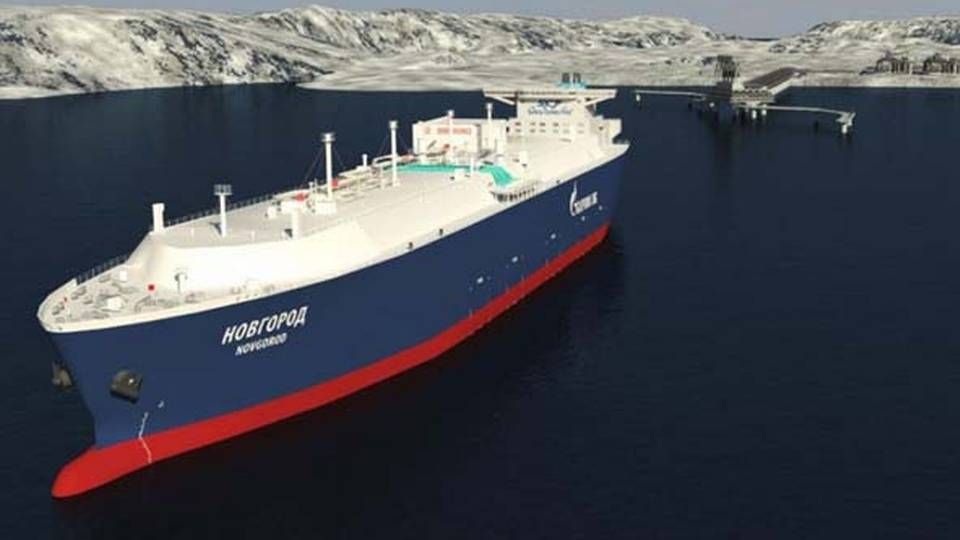Sovcomflot: Isolating Russia is not an option

NEW YORK:
With a fleet of 158 ships and 13 million dtw, Sovcomflot is by far Russia's biggest tank carrier group as well as one of the world's largest players in the tank segment. This includes oil, it includes LNG, and it includes chemical tank. And now it also includes offshore, where Sovcomflot with tug boats recently transported one of the world's largest platforms from the Pacific Coast to the Arctic Sea.
A glance at Sovcomflot's finances also shows that - in addition to being a company owned 100 percent by The Russian Federation - this is a business that largely exists in relation to and in cooperation with Western interests.
A big part of the carrier's loans come from Western banks. The customers are largely from the West. And all three rating bureaus behind the company's credit rating are Western.
Part of the global economy
At CapitalLink Shipping Forum's conference in New York last Thursday - "Invest in International Shipping" - Sovcomflot CFO Nikolai Kolesnikov made the following statement about the tense situation between Russia and the West following the Crimea crisis:
"I don't think it's possible to isolate Russia today. The country has in recent years become part of the global economy, and there is a significant trade. So far, we have not felt any impact of this situation from our partners."
And as for the confrontation, he told ShippingWatch the following: "Diplomacy failed, and now everyone has a job to be done."
On Friday the EU decided to introduce its first sanctions against Russia by issuing entry bans against a series of named persons, while also freezing Russian bank accounts.
Half the oil carried by ship
Half of all the oil exported from Russia is transported by ship, and this is one of the key business areas that has helped Sovcomflot reach its current size. Many of the western oil companies count among the carrier's clients, and Exxon alone receives 10 percent of Sovcomflot's oil transports. The company is also a big player in ice-class vessels and is active on the Northern Sea Route, where Sovcomflot has completed five sailings so far.
The carrier was founded in the Soviet Union in 1988 and started out by operating cruise ships and oil barges, though Sovcomflot quickly expanded within shipping and oil. Crude oil transports alone account for more than one third of the carrier's revenue today.
In addition to the many Western customers, Sovcomflot also has ties to a long list of western banks that have supplied financing for the carrier's growth. This list includes Nordea, Deutsche Bank, ING, HSH, and several others. The loans were provided based on a credit evaluation performed by the three major western rating bureaus; Standard & Poors, Moody's, and Fitch.
The strategy
Sovcomflot has a strategy that runs until 2018 and focuses on maintaining the segments in which the carrier operates, while also expanding the fleet in specialized ships and supply vessels for the offshore sector.
The carrier finished 2013 with a deficit of USD 39.2 million, compared to a 2012 profit of USD 32.9 million. The company's revenue declined from USD 1.353 billion in 2012 to USD 1.262 billion. Sovcomflot attributes this development to the fact that the traditional tanker business is weighing the carrier down in tough market, though Sovcomflot adds that new investments developed positively.
Sovcomflot hopes to turn around major 2013 deficit
Maersk concerned about Russia - EU relationship





















